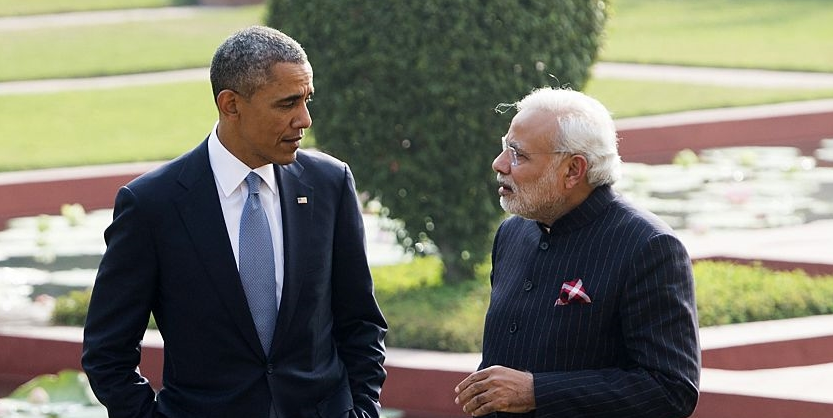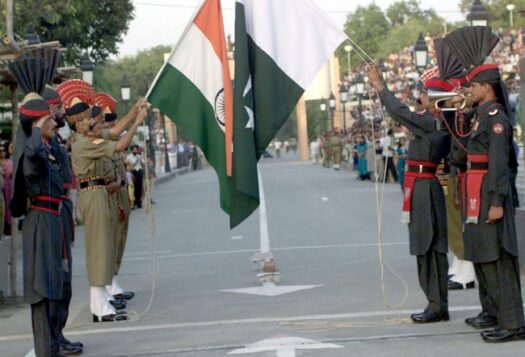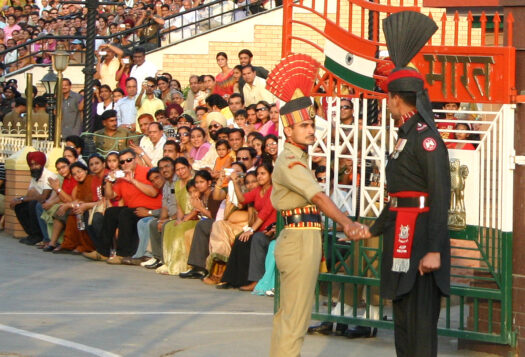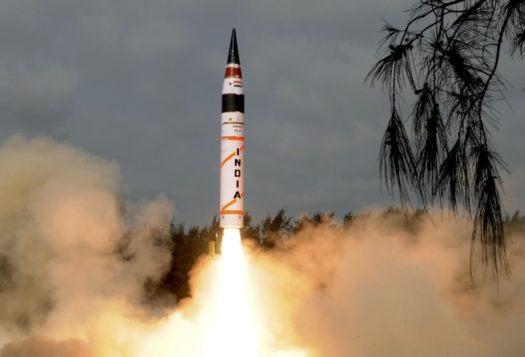
Nuclear proliferation has been a concern since the dawn of the nuclear age. The Nuclear Suppliers Group (NSG) was created in the mid-1970s to address proliferation concerns by controlling the transfer of material and technology usable for nuclear weapons. All current NSG members are parties to the Nuclear Non-Proliferation Treaty (NPT). India, which is not, is seeking membership with the support of the United States.
Admitting an NPT-outlier to the NSG would be a mistake for three main reasons:
First, there would be no way to ensure with high confidence that India is separating its civilian and military nuclear fuel cycles. Article III of the NPT commits non-nuclear-weapon states to accept safeguards on their nuclear facilities. India did not sign the NPT, and is therefore not obligated to have full-scope safeguards. Instead, India accepted safeguards on designated “civilian” facilities under the U.S.-India nuclear deal. However, facilities designated to the nuclear program have no safeguards. If India is admitted to the NSG and engages in more nuclear commerce as a result, how can the international community be sure that it isn’t diverting material to the military program? Even if material isn’t diverted, it frees up domestic uranium reserves for the military program.
The United States’ NSG waiver to India in 2008 was a step to make India agree to early negotiations on signing the FMCT and to make India commit to stronger nonproliferation norms. However, India still continues to produce fissile material at a very fast rate to build weapons. For example, the latest Indian submarine program and their efforts to develop an alleged secret nuclear city to produce hydrogen bombs are unsettling. Indeed, India has a history of illegally diverting peaceful nuclear material. India used civilian technology illegally to make nuclear weapons from the Canada Deuterium Uranium (CANDU) reactor, supplied by Canada in the early days of India’s program.
Second, permitting an NPT-outlier will encourage other outliers to do the same. India already had leverage in getting a civil nuclear deal from the United States, and countries like Israel and Pakistan will have the right to demand the same.
Third, India joining the NPT would weaken other treaties in the regime, like the CTBT and FMCT. India is not a signatory to either treaty. Inducting India as a member of the NSG without these relevant agreements will greatly undermine the nonproliferation regime.
The United States has undermined its credibility by supporting Indian NSG membership. It demonstrated a clear case of case of favoritism. This weakens the credibility of the organization. America’s efforts to include India in the NSG is nothing more than an effort to contain China and a resurgent Russia.
Admitting an NPT-outlier to the NSG would be bad for nonproliferation. Going forward, the NSG has to identify which states represent the focus of its core agenda, nonproliferation, as the group already made a mistake of granting a waiver to India in wake of the civil nuclear deal. Zahir Kazmi stated very accurately in his paper “Normalising the Non-proliferation Regime” that the nonproliferation regime has rewarded India while discriminating against Pakistan.
Hence, keeping in mind the current realities between India and Pakistan, the NSG must abide by the criteria established by their own policies and must consider that its decision will also affect strategic stability in the region of South Asia. On the American side, instead of continuing this course of action, Obama must follow the spirit of his landmark Prague speech, in which he pledged to seek a world without nuclear weapons.
***
Image: Saul Loeb-AFP, Getty


